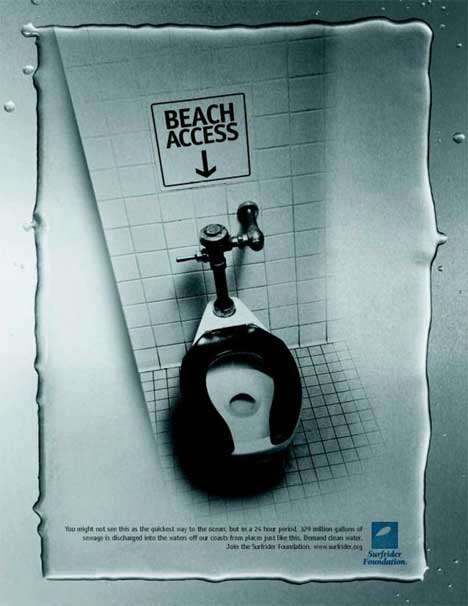The strain of Salmonella thought to have killed two nursing home residents and caused dozens of others to fall ill has been found in a Wollongong bakery, tests have confirmed.
 To date, 31 cases of confirmed salmonella have been reported from 10 aged care facilities in the Illawarra, south eastern Sydney and ACT.
To date, 31 cases of confirmed salmonella have been reported from 10 aged care facilities in the Illawarra, south eastern Sydney and ACT.
Two patients have died as a result of the outbreak.
The nursing homes involved are either run by Illawarra Retirement Trust or supplied catering by IRT.
Last month testing conducted by the New South Wales Food Authority at Bettamaid wholesale bakery in Unanderra came back positive for Salmonella.
The Food Authority then carried out further testing on environmental swabs and food samples taken from the bakery.
A test on an environmental swab has returned positive to the strain of Salmonella detected in sick residents, Salmonella bovismorbificans.
A spokeswoman said food samples supplied by the bakery to affected facilities also tested positive for Salmonella, but the strain was still being typed.
There were no reports of illness in the broader community related to consumption of food from the bakery, which supplies a number of shops and school canteens.


 Place] hasn’t called me back, and they haven’t offered me an apology or anything. It’s like a slap in the face.”
Place] hasn’t called me back, and they haven’t offered me an apology or anything. It’s like a slap in the face.” contributing factor.”
contributing factor.”.jpg) inspections at child care facilities, at least for an interim period.
inspections at child care facilities, at least for an interim period. The Department of Health told
The Department of Health told DCF employees already inspect day-care facilities for safety issues. Sheldon said the Legislature was trying to consolidate inspections to prevent multiple state agencies from visiting the same facilities to inspect different standards.
DCF employees already inspect day-care facilities for safety issues. Sheldon said the Legislature was trying to consolidate inspections to prevent multiple state agencies from visiting the same facilities to inspect different standards.